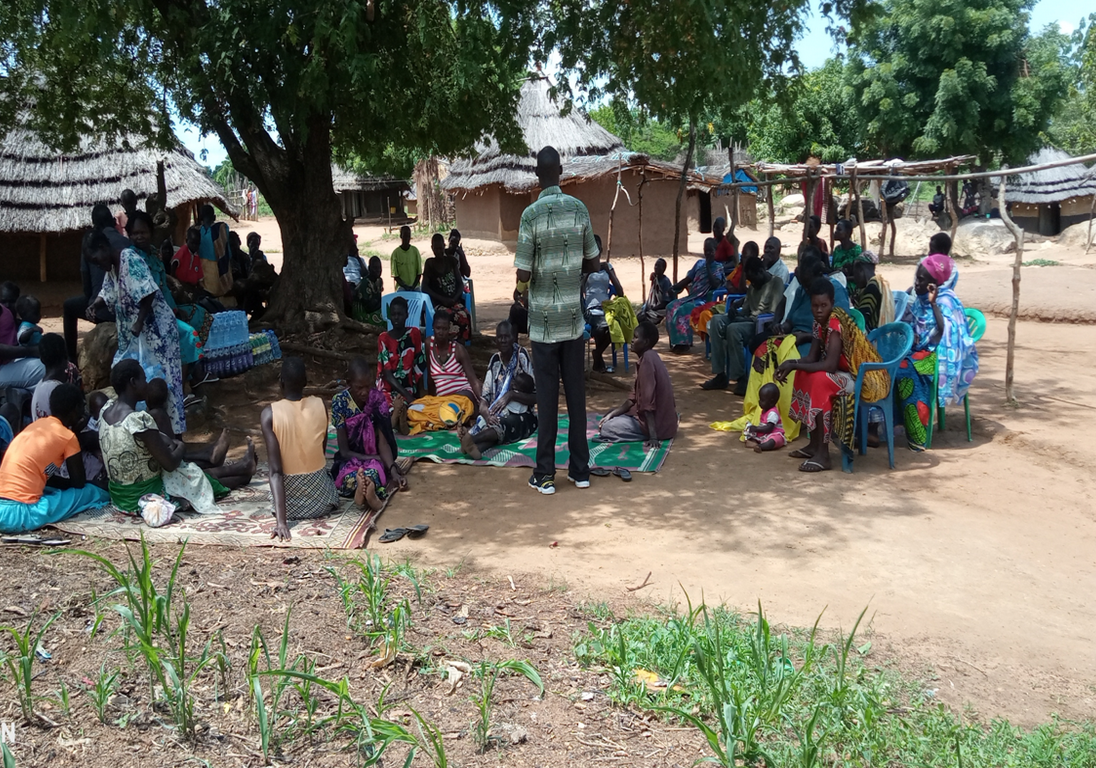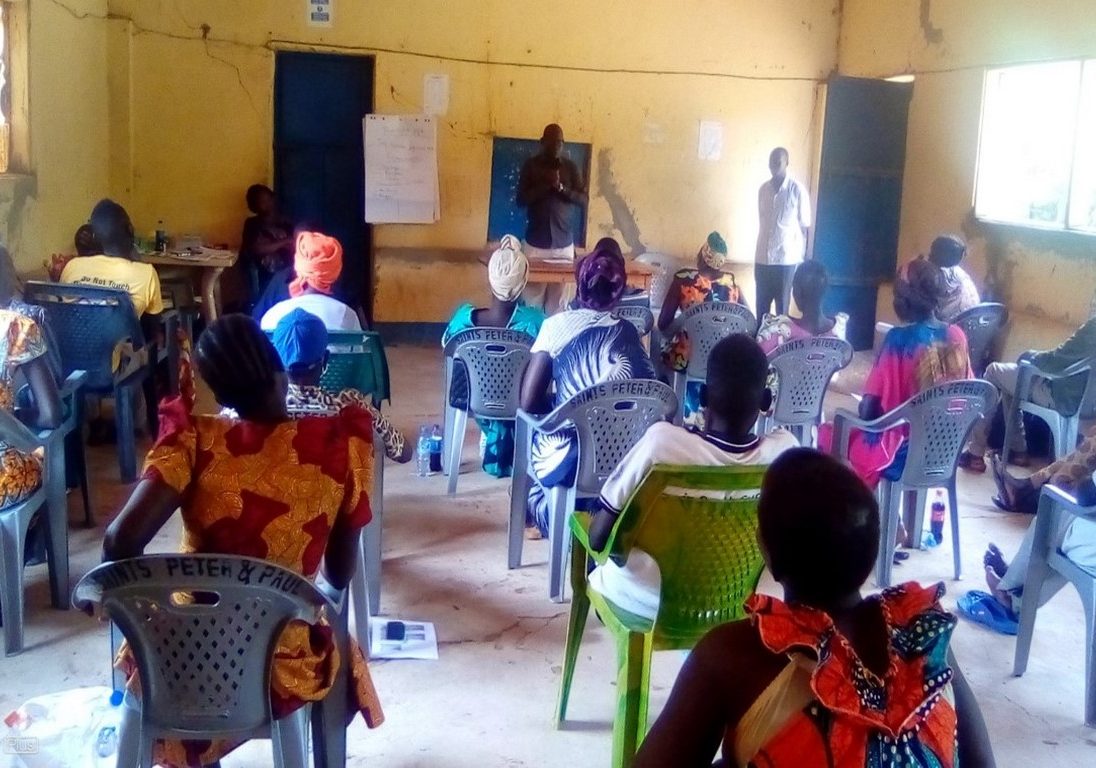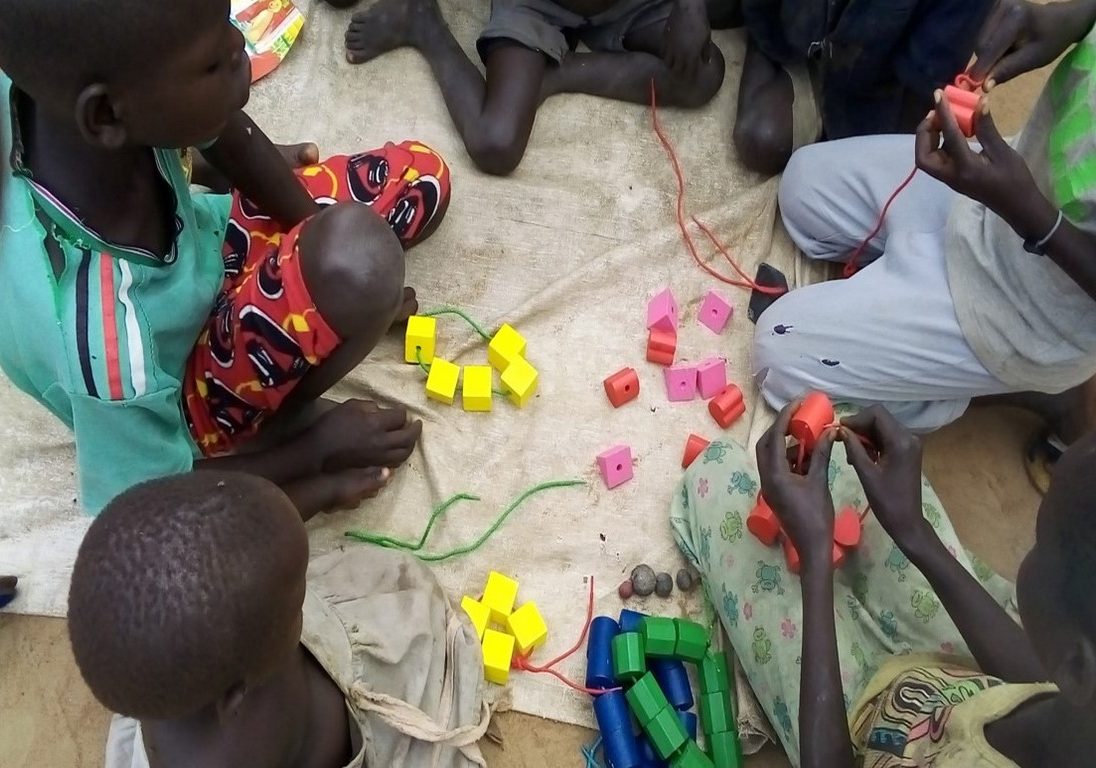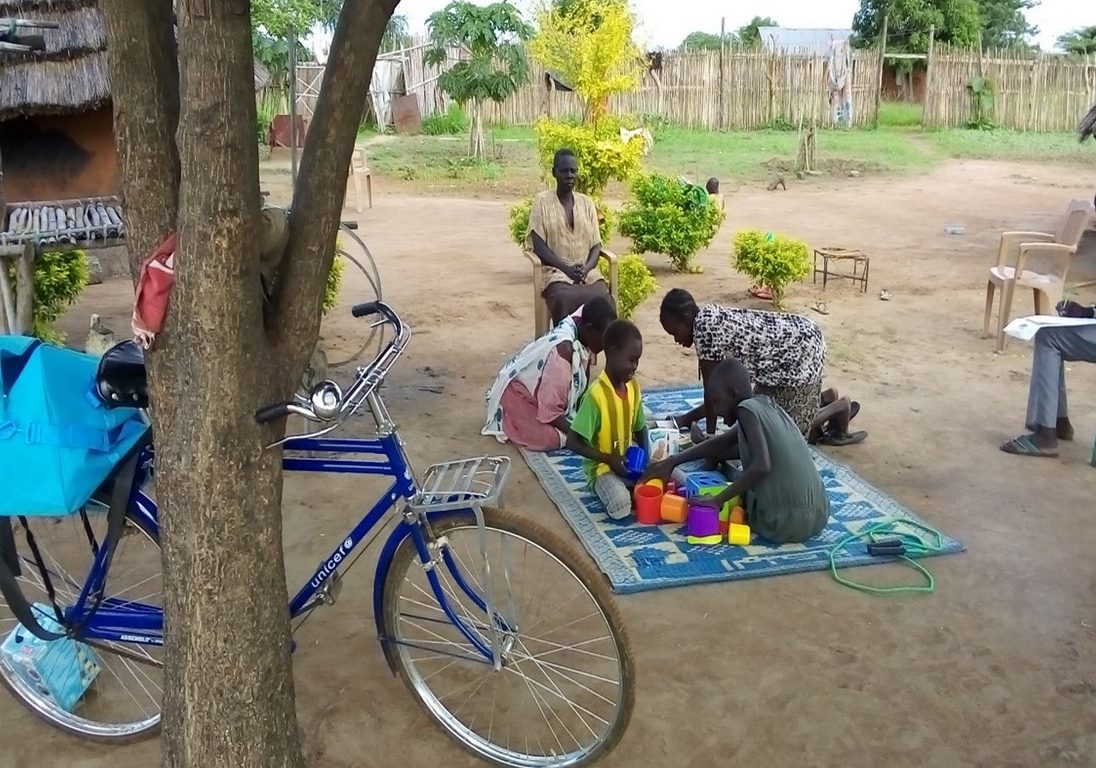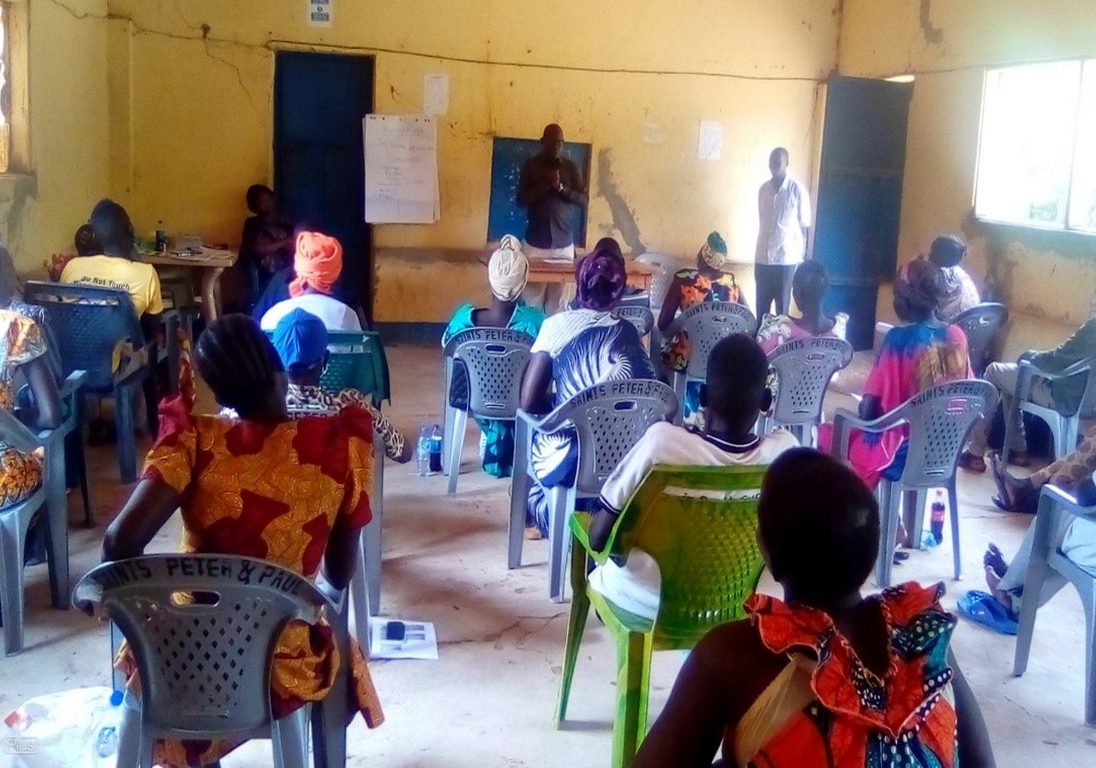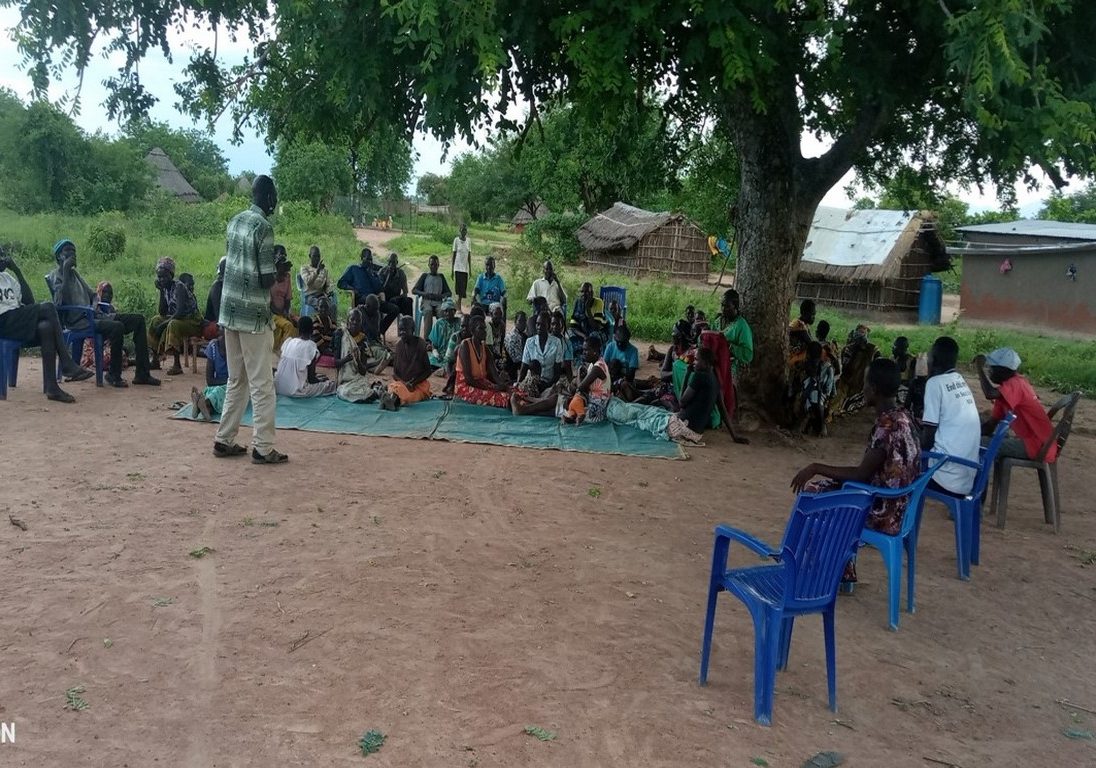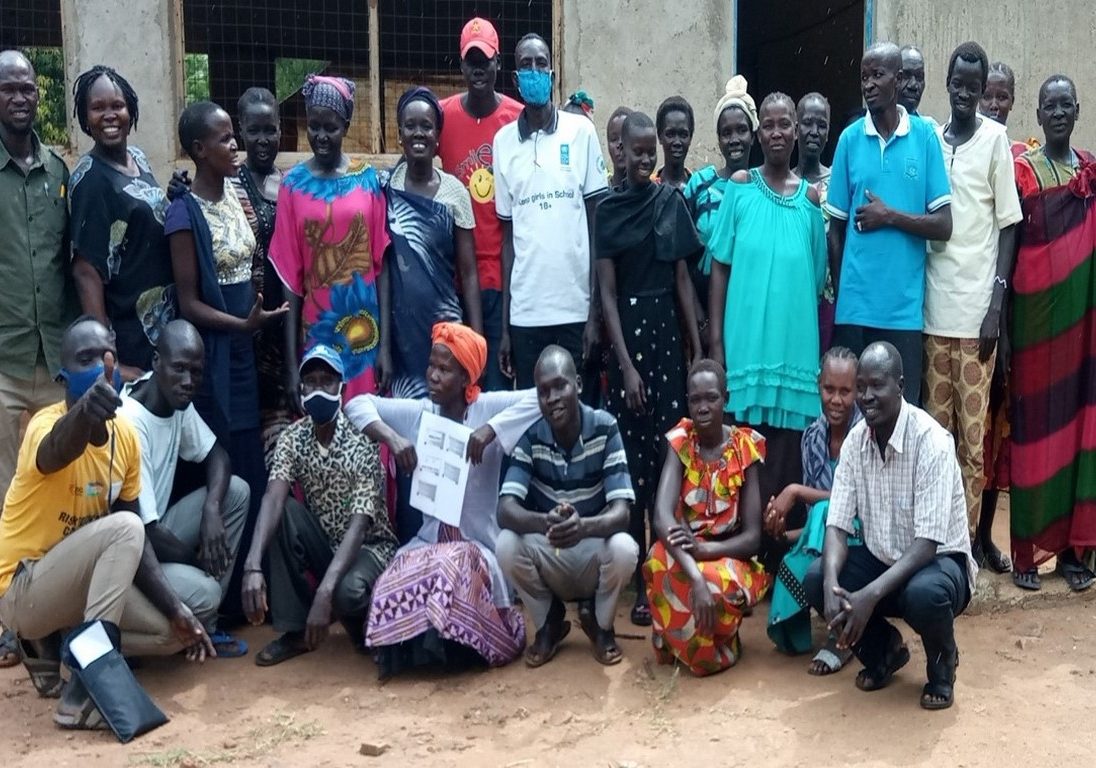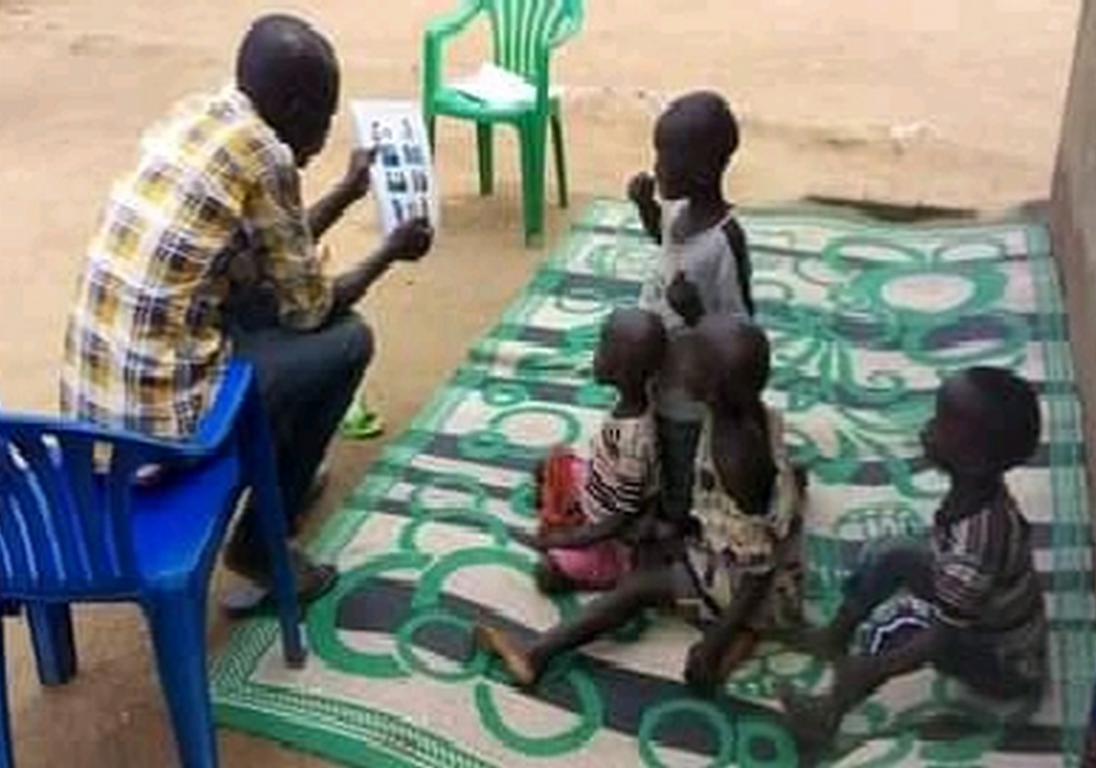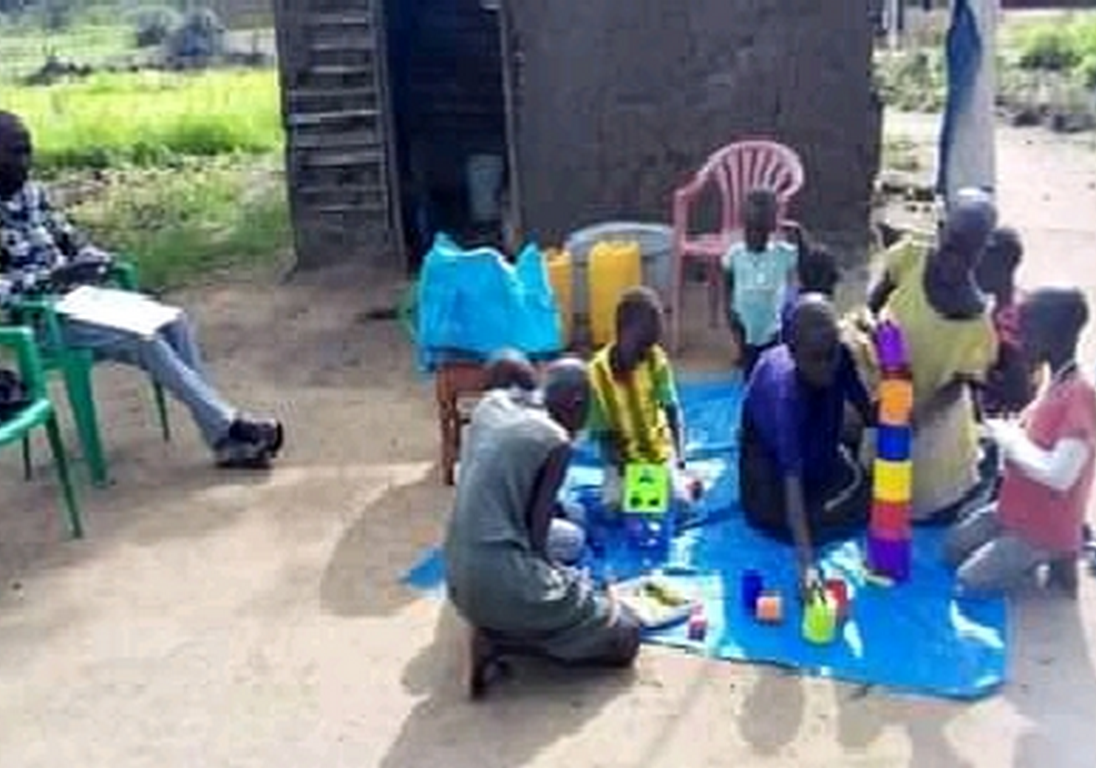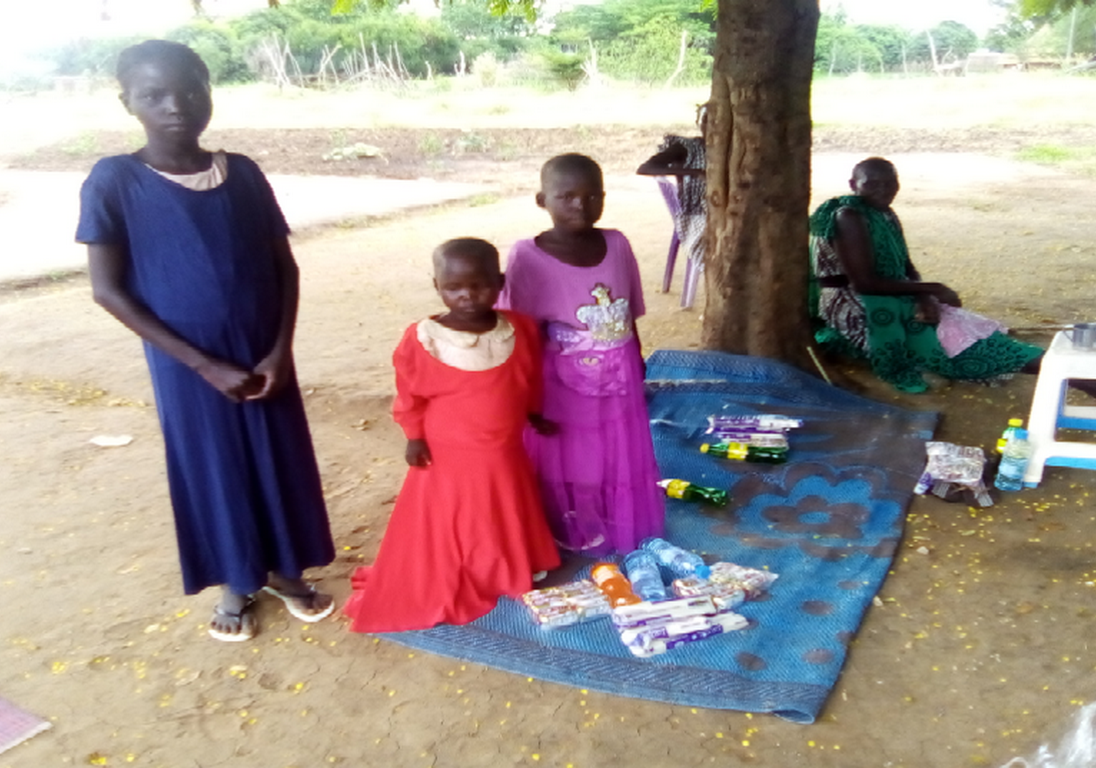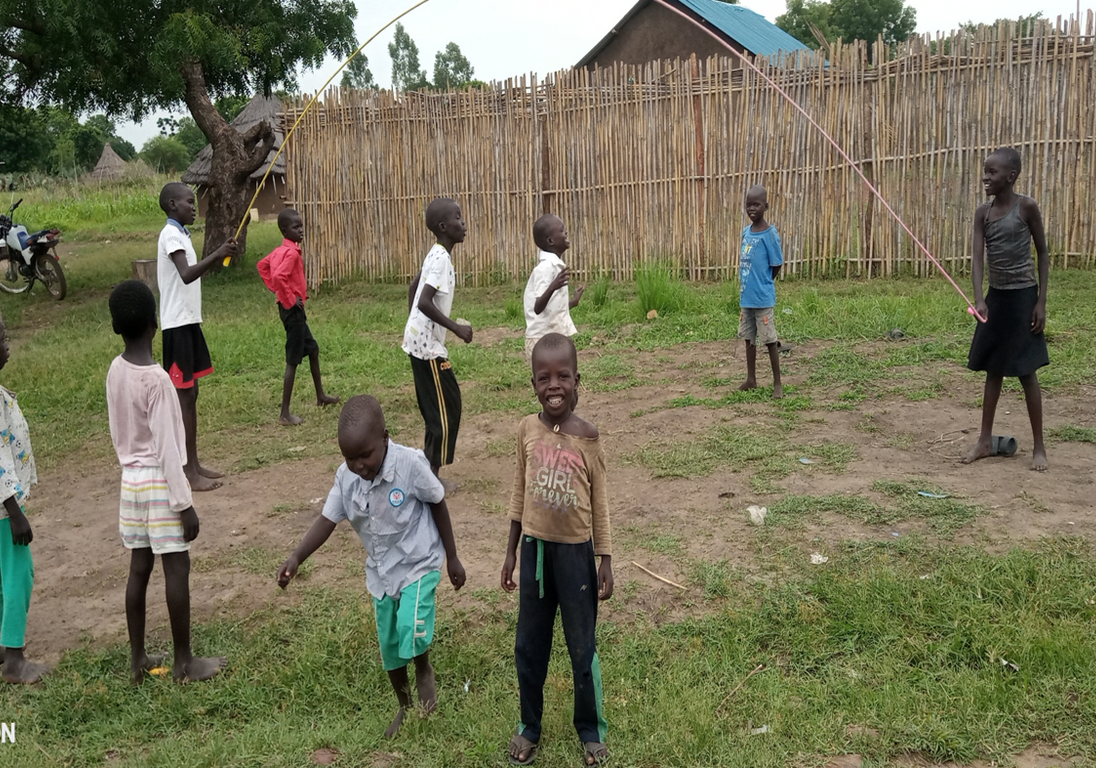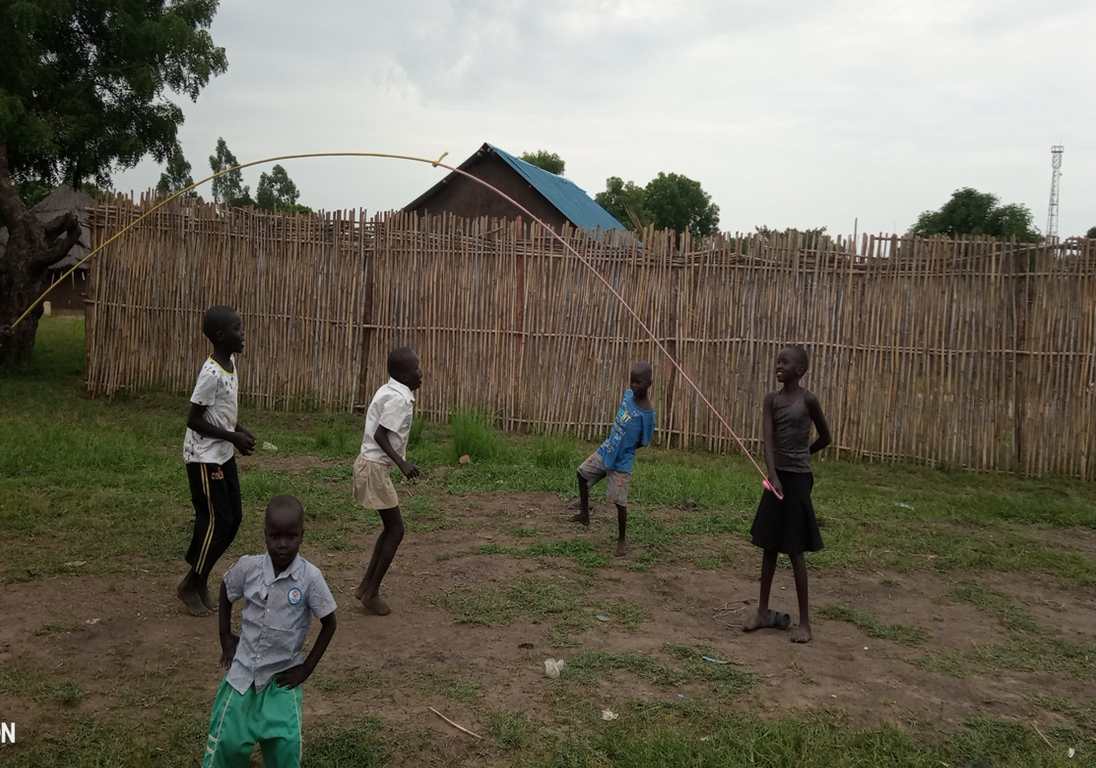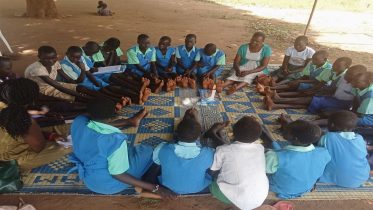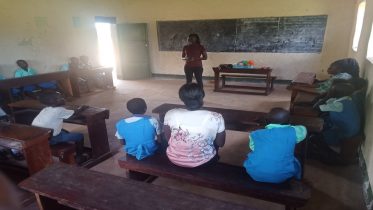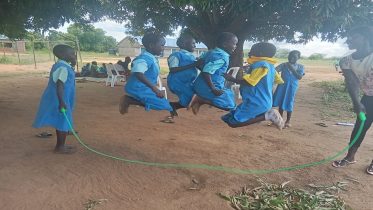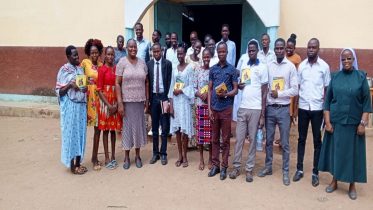
CARITAS is a Latin word that means Charity. It represents one of the Theological virtues. The Catholic Church has used it to portray Christian Love of Humankind. CARITAS is organized at local (parish), diocesan, national, regional and international level. National CARITAS Organizations are each autonomous under their bishops, but they combine as part of the CARITAS Internationalis confederation.
CARITAS TORIT-CDOT is humanitarian, social and development wing of the Catholic Diocese of Torit. CARITAS TORIT-CDOT was established in 2013. With its establishment CARITAS TORIT associated itself with the international federation of CARITAS organizations or family that together represent a network of the Catholic organizations whose mission is to “serve, accompany and defend the poor.

